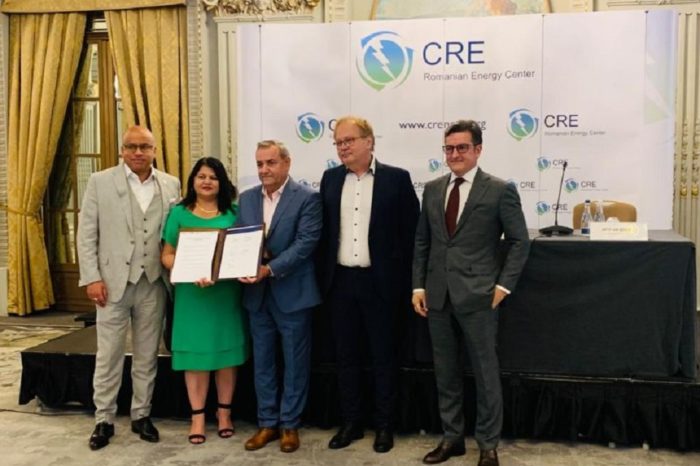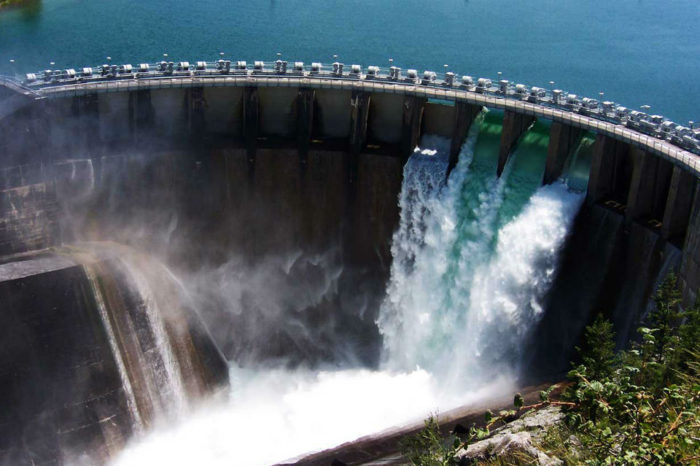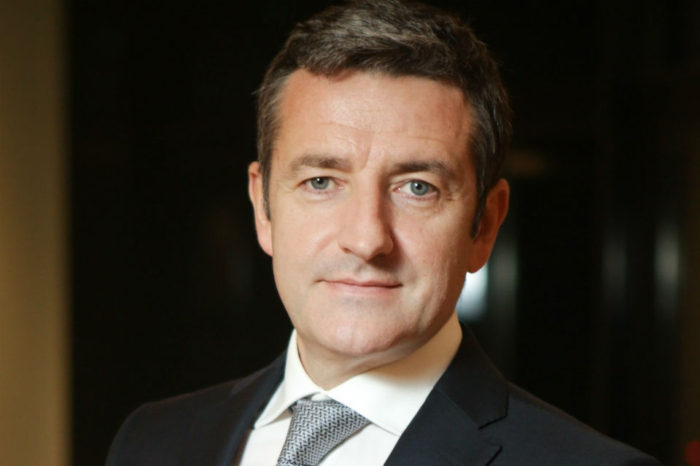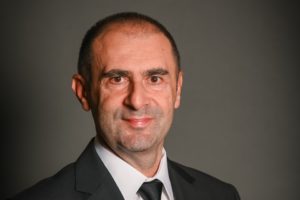Corneliu Bodea, CEO Adrem and CRE President: “Challenges and opportunities in energy”
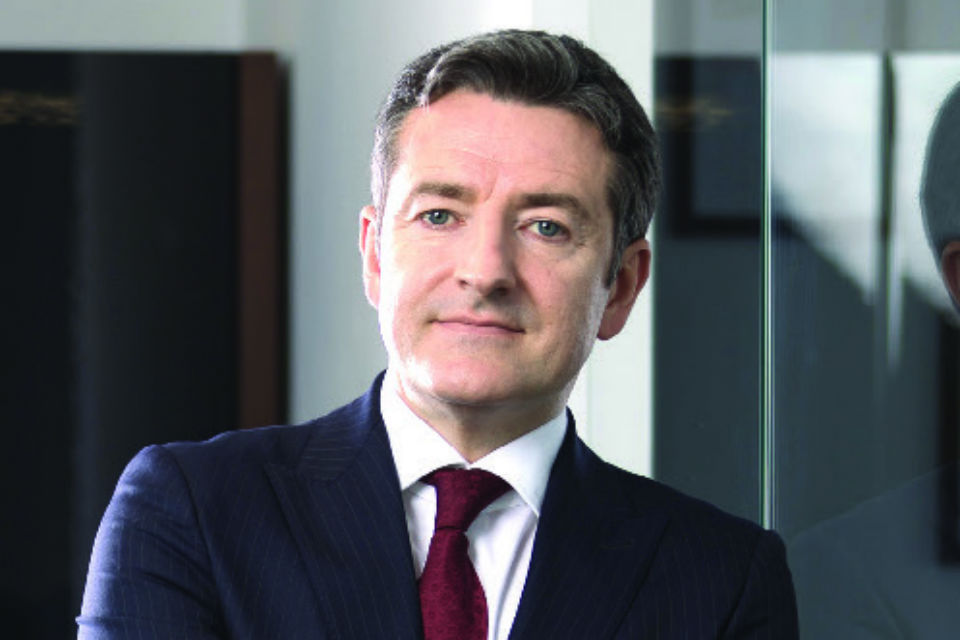
Energy, the challenge of our century, is a key topic in most of the geostrategic discussions and top political debates. The main pressure is no longer resources, but global warming and security. The ever-changing energy environment due to disruptive technologies is not going to come from the way we will generate energy but from the way we will use it. The global increase in electrical energy consumption is massive, estimated at 57 percent by 2050. As we have more and more people, more people have access to electricity, more and more people require more applications and new transportation will be mainly based on electrical vehicles. Distributed generation, prosumers, and storage will make the future of energy more consumer-centric and will bring headaches to specialists. Demand control and the need for efficiency and information will change the energy business environment fast, and only the fast and open thinking companies are going to survive. The future of energy challenges us and brings new opportunities.
The global de-carbonization drive comes from the responsibility we have for the future of the planet and for our children. I know it sounds like a cliché and it even might be one, if the most important governments from all over the world had not spent billions in reducing the proportion of carbon releasing based technologies of producing energy. The progress we have made in renewable energy generation technologies is massive and we already discuss ways to manage 100 percent renewable based systems. This is not a fashion thing; this is the future of energy!
Renewable generation technologies will bring more prosumer trend opportunities and this will open a more decentralized way of generating and using energy. The key topic here is ‘demand control’ and because of that, also IT&C technologies. Storage techniques development is required and this will challenge the traditional business of transport and distribution. A more VHV network interconnection between continents will co-exist with regional and local demand control networks. This will compel distribution system operators and transmission system operators to adapt their business models and the regulatory authorities to develop new regulation framework.
Although the basics of energy will stay the same, new technologies like renewables, IT&C, and disruptive new ways of using the energy (Electric Vehicles, smart homes, Internet of Things) will dramatically change the energy environment. Increased energy consumption will be smarter and more demanding. This is the reason behind all the unrest in the industry, and energy corporations will have to adapt and invest in R&D, but also change their mindset from a generation-based one to a consumer-centric approach of the business.
Increased demand of energy, a scarce conventional resource base, and the increased cost brought by new technologies gives the subject of energy efficiency ever more importance. We will use more energy in the future, but we will consume it more efficiently. It has been mainly industrial consumption which has already influenced the market and huge investments are expected into controlling and reducing energy intensity. Energy efficiency and de-carbonization targets are set by most of the developed countries and the EU is one of the most active political players in leading this trend. Increasingly due mainly to increased energy costs, consumers will take the lead and make investments without the need of setting national targets on energy efficiency.
As already stated before, the interconnections in energy infrastructure will come from the need for energy efficiency and security of supply, together with the rise of more localized demand control-based areas. A global energy transmission infrastructure is already under discussion and there are several bodies already formulating the new rules. The main challenge here will be that in order to have a global interconnected energy infrastructure, you need to have common market rules; and arriving at this will bring more pain than all the technical challenges.
It is openly accepted that the future of energy will be more green, more efficient, consumer-centric, and controlled and automated. Energy is vital for the continuation of the actual rhythm of human development and that’s why there will be more and more focus, investment, and change in this industry. I am positive that experts, together with authorities and consumers, will create an environment where the responsibility for the future of the planet will travel hand-in-hand with the need for more energy consumption.
(From the print edition)



